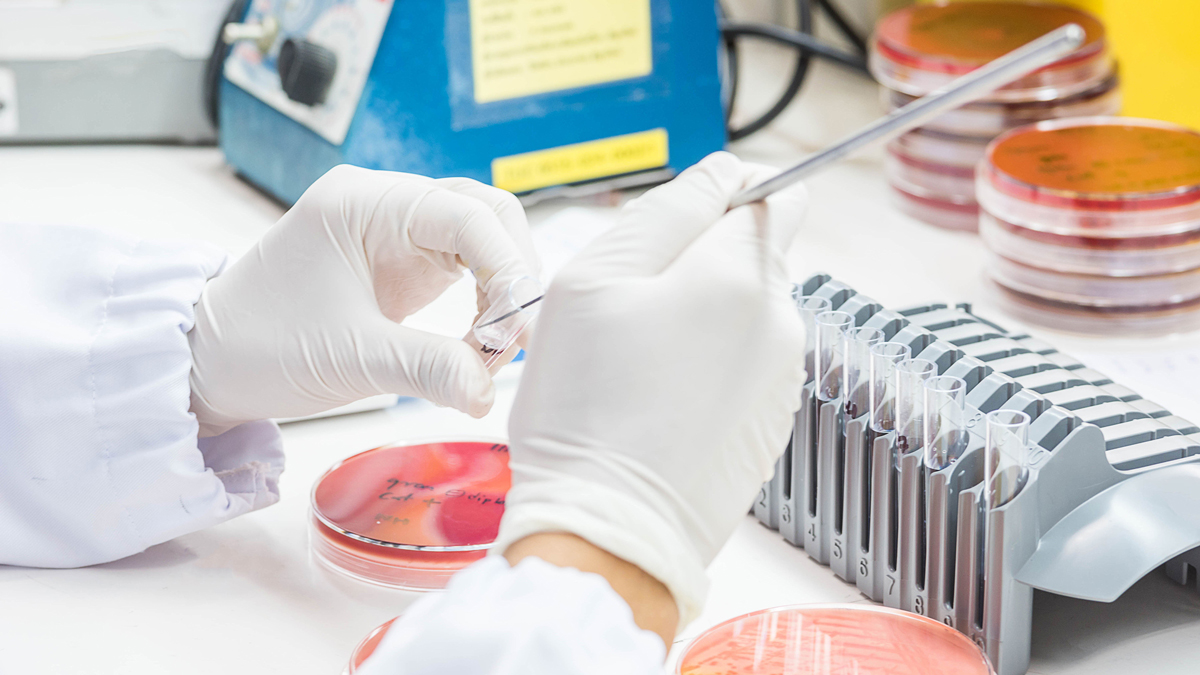Infectious disease group ISID names six global priorities

The non-profit International Society for Infectious Diseases (ISID) has published a set of six priorities focusing on the challenges faced by low- and middle-income countries (LMICs) ahead of its congress later this year.
It is the first time the ISID has set out such a list, which reflects the challenges being faced by LMICS with “limited healthcare infrastructure, fewer economic resources, and a disproportionate infectious disease burden,” and emphasises the strong interdependence of human health, domestic and wild animals, and the wider environment.
As might be expected, top of the list is the rising tide of antimicrobial resistance (AMR) – sometimes referred to as the ‘silent pandemic’ – and the prospect that increasing numbers of infections will become untreatable as drugs that have been used for decades lose their effectiveness and are not replaced by novel therapies.
ISID also highlights the interplay between infectious disease and climate change, pointing out, for example, that this is extending the range of vector organisms, like mosquitoes and ticks, and bringing more people at risk of diseases like malaria, dengue, and Lyme disease. Warming of coastal waters has also resulted in more algal blooms, believed to be reservoirs of bacteria that cause cholera.
The third priority is pandemic preparedness, with ISID recommending that countries extend plans developed after the COVID-19 pandemic and give a greater emphasis to international collaboration on disease surveillance, rapid response, resource allocation, and public communication around outbreaks. Involving LMICs here is critical, says ISID, as they often bear the highest burden of infectious diseases.
Next up are the ongoing threat of sexually transmitted infections (STIs), including HIV - which are seeing increasing rates of resistance and also disproportionately affect people living in LMICs - and the stubborn persistence of tuberculosis, particularly in the world’s crowded cities, where inadequate healthcare infrastructure and difficulties providing lengthy and complex treatment regimens impede control efforts.
Finally, ISID is calling for a major effort to build capacity for infectious disease research in LMICs, promoting self-reliance to identify, prevent, and respond to disease outbreaks.
“While health challenges are global, ISID recognises that local solutions are imperative,” said the organisation’s president, Professor Paul Tambyah. “Empowering and equipping local stakeholders will ensure more sustainable interventions and lead to better health outcomes.”
ISID’s biennial conference is scheduled to take place in Cape Town, South Africa, from 3rd to 6th December.













